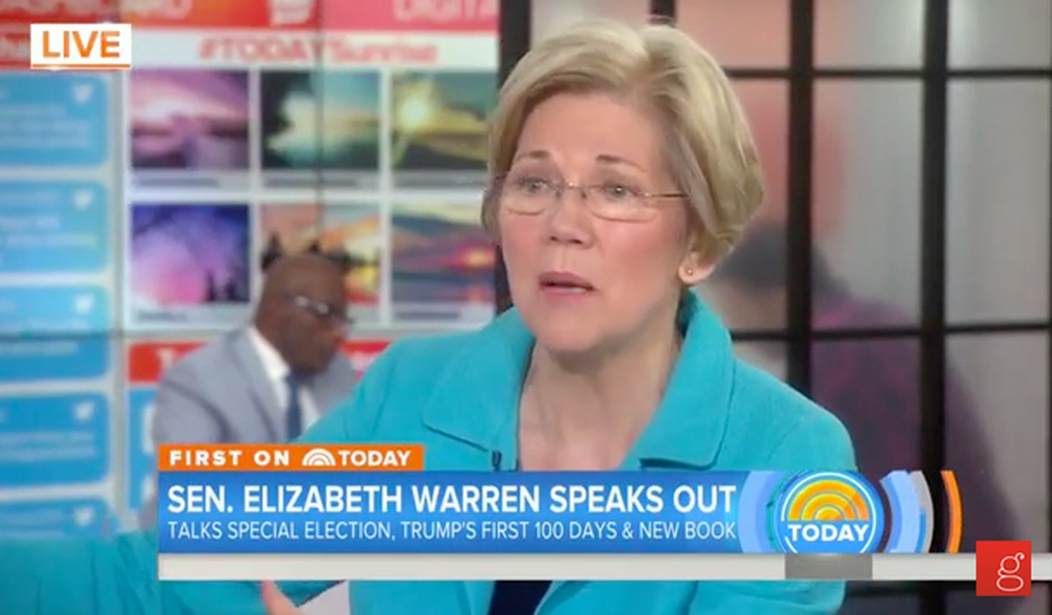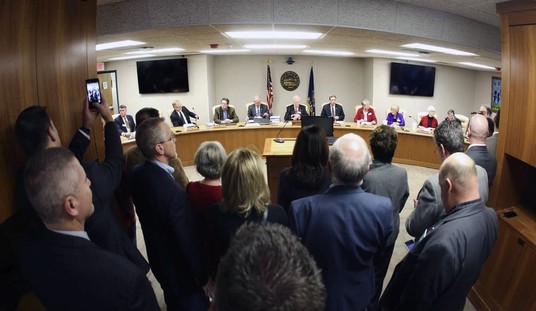On Monday, the Supreme Court announced it would consider the case of Jack Phillips, a Colorado baker who refused to bake a cake for a same-sex wedding. This case could set a powerful precedent for navigating religious freedom and LGBT issues.
“Our constitution guarantees the rights of free exercise of religion and free speech for every American. By granting review of Masterpiece Cakeshop v. Colorado Civil Rights Commission, the Supreme Court of the United States has indicated that it wants to consider whether people of faith who operate a business will be welcomed to the public square or driven from it,” Michael Berry, deputy general counsel at First Liberty Institute, told PJ Media in a statement Monday.
“Americans want a diverse public square that tolerates a variety of beliefs and opinions,” Berry said. He emphasized that Phillips represents many other Americans who wish to opt out of providing certain goods and services for homosexual weddings.
In the Masterpiece Cakeshop case, Phillips refused to bake a wedding cake for Charles Craig and David Mullins, who intended to get married in Massachusetts and have their reception in Colorado. In 2012, the Colorado Civil Rights Commission charged Phillips with breaking the state’s anti-discrimination law, which says businesses open to the public may not deny service to customers based on their race, religion, sex, or sexual orientation.
State courts upheld the commission’s decision, but Phillips appealed to the Supreme Court, arguing he deserved a religious exemption based on free speech and free exercise of religion, from the First Amendment.
The Los Angeles Times reported that Phillips’ lawyers characterized him as a “cake artist” who will “not create cakes celebrating any marriage that is contrary to his understanding of biblical teaching.” They noted that the baker refused to make cakes to celebrate Halloween or that carry “anti-American or anti-family themes.”
“They said you have to create cakes for same-sex couples, so he removed himself from the market,” Jeremy Tedesco, a lawyer with Alliance Defending Freedom, told the L.A. Times. “He chose to stop making cakes.”
The American Civil Liberties Union (ACLU) lawyers argued that the Supreme Court’s consideration of the case could open a “gaping hole” in civil rights laws if businesses can opt out of providing services for events that they do not wish to promote, such as homosexual weddings.
But such cases arguably come down to basic rights such as free speech, freedom of association, and free exercise of religion. A wedding is a public event, and a baker (or florist, or other event artist) who contributes to the event could reasonably be considered to have endorsed the event publicly.
Deciding not to speak in favor of an event, or not to associate with certain people in a public event, or to act according to a sincerely held religious belief that marriage is between a man and a woman is triply defended by the First Amendment.
First Liberty’s Michael Berry argued that the Supreme Court case could — and should — create a precedent allowing other businesses to use religious freedom to opt out of serving gay weddings.
“We hope the Supreme Court will use this opportunity to protect people like First Liberty clients, Aaron and Melissa Klein, who have been forced out of business because the state of Oregon would not tolerate them operating their business according to their religious conscience,” Berry told PJ Media.
The Kleins, who operated the bakery Sweet Cakes by Melissa, also refused to bake a cake for a same-sex wedding, in this case for a lesbian couple. The couple sued, claiming that the bakery had “mentally raped” them by denying service on religious grounds. The Kleins were fined $175,000, losing their life savings and going out of business as a result.
“No one should lose their livelihood because the government disagrees with their religious beliefs,” Berry said.
While the First Liberty lawyer would not speculate on the likelihood that the court would side with Phillips, he told PJ Media that “we certainly hope it will rule strongly in favor of religious liberty.”
If it did so, Berry suggested that such a ruling might support religious freedom laws like the one recently upheld in Mississippi. That law explicitly protects those who believe that marriage is between a man and a woman, that sex is rightly reserved for marriage, and that gender is determined by biological sex from government discrimination.
One of the specific protections in the Mississippi law clearly connects to this case. That law explicitly protects those who decline to provide services, accommodations, facilities, goods, or privileges for weddings, in accordance with specific religious beliefs. It lists cake and pastry artistry among the specific types of business protected from state sanction.
LGBT activists have attacked the law as bigoted, but it is arguably necessary after the 2015 Supreme Court decision Obergefell v. Hodges, which legalized gay marriage across the U.S. As Ryan T. Anderson explained at The Daily Signal, “there is nothing scandalous about protections for particular views that are at odds with those on which the government acts.”
“To the extent that there is any overlap between the issues, our hope is that religious liberty will prevail,” Berry said. “As a nation, we should tolerate and accept people of faith and their right to operate a business.”
That is exactly what the Supreme Court would do if it ruled in favor of Phillips. The ACLU and the Colorado Civil Rights Commission might argue that such a ruling would violate LGBT people’s civil rights, but free speech, free association, and religious liberty are fundamental rights.
Furthermore, businesses like Masterpiece Cakeshop and Sweet Cakes by Melissa gladly served LGBT people, just not gay weddings. They had no problem serving “those kind” of people, they just did not want to be seen as endorsing a version of marriage opposite their religious beliefs.
States like Mississippi and Alabama are pioneering the way to navigate these complex issues, and this fall, the Supreme Court will weigh in on the case of Masterpiece Cakeshop. Religious freedom is in the balance, and with Justice Neil Gorsuch, the court leans to the Right. There is reason to hope that the First Amendment will win the day.









Join the conversation as a VIP Member